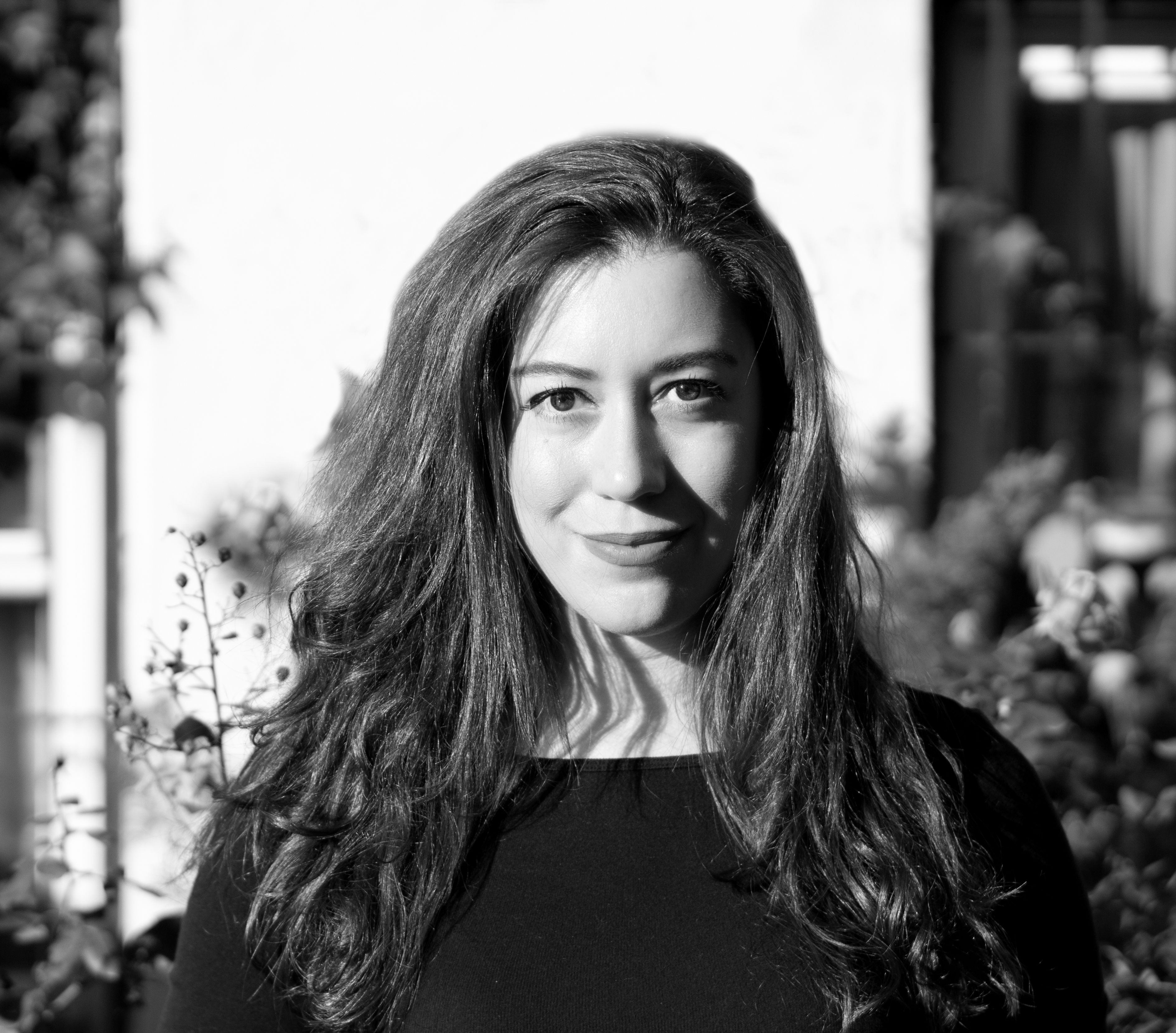After Morlot Avenue
I am riding the subway again, away from this year’s
cubicle to night class, trying to think of a line
of German poetry in my head when, You sit,
says the stranger by my side in the people-clogged car
where we stay near together—the one open seat
that shimmers like gums from missing teeth.
I sit, nodding, thank you, having been here before,
delirious, under water, suddenly regretting
the tree my father planted in our yard when we first
moved into what is no longer my childhood
house. After Morlot Avenue, it will always be
some version of this: my mother getting back soon
to her apartment to feed the new cat, telling me she forgot
it is Wednesday and, also, she bought blueberry wine. Who knows
where my father disappeared besides the tax papers (and my sister:
he rents a room in town, says her text message, he had another back surgery).
My sister, who visits him sometimes, pays his Netflix, bickers
with the parakeet our father took with him like a souvenir
when he left right left. Enough of that. I’ll be good
to you now, I pretend to say pretending to pat
the pretend trunk of the honey locust. I will not use you for harm.
Each tree, it’s undeniable, is a return in a poem. Near the end of her life,
Rose Ausländer, returned from exile, confined to her room in Düsseldorf
from neck injury and arthritis, dictated hundreds of poems.
A literary historian-turned-literary executor typed out each line at her bedside,
the copper beeches of her childhood city flickering behind the eyes.
My home is language, she must have said out loud
in her specific Austrian German. Break the line
here, not here, hear her singing, her life rivering
around the 3 x 3 x 3 headboard. Now, a man in a green beret
and bloody knuckles enters the train
holding hot pink flowers. Behind him, someone
rocks back and forth mouthing a language incomprehensible
to me. It’s becoming spring again with small fires
along the highway, a fire in a college dormitory,
a fire in the New Jersey forest that took all night
and half the morning to stamp it out. Ausländer,
while in hiding in a Ukrainian ghetto, kept writing poems
on leaf-sized paper while the print run of her first book
was destroyed almost entirely in a pyre-pile of books. The language
burns on the other side of a closed window. A locked window. A wall
that once was a window. Next to me, a woman is falling asleep.
Somewhere in history my great aunt and uncle are being deported
from their home in Bad Soden, Germany, to the Piaski Ghetto, Poland—
a final tree. The tree is red, begins the line from the poem. It was never
straightforward, logical, but interwoven, the needle
pulled over and under each displaced gap. Everyone has
their own radio language, continues the poem. It’s too simple to say
that if I were a different, less stubborn person,
I would pack my fragments and leave. But later,
while walking back from class through the unencumbered dark,
when the pigeon flies out from a trash can and lands
near my feet, I know I am the radio blaring thank you
thank you thank you for return.
Copyright © 2025 by Carlie Hoffman. Originally published in Poem-a-Day on January 8, 2025, by the Academy of American Poets.
“This poem is interested in centering women’s self-actualization across current and historical global movements and war, alongside environmental and economic crises through language and religion’s connection to cultural and national identity. The poem explores how poetry might manifest disembodiment vis-à-vis exile, both physically and linguistically. Rose Ausländer was a Jewish, German-language poet and translator who mostly lived between Eastern Europe, New York City, and Düsseldorf. I am currently at work translating the first essential selection of her poems to be published in the United States.”
—Carlie Hoffman

